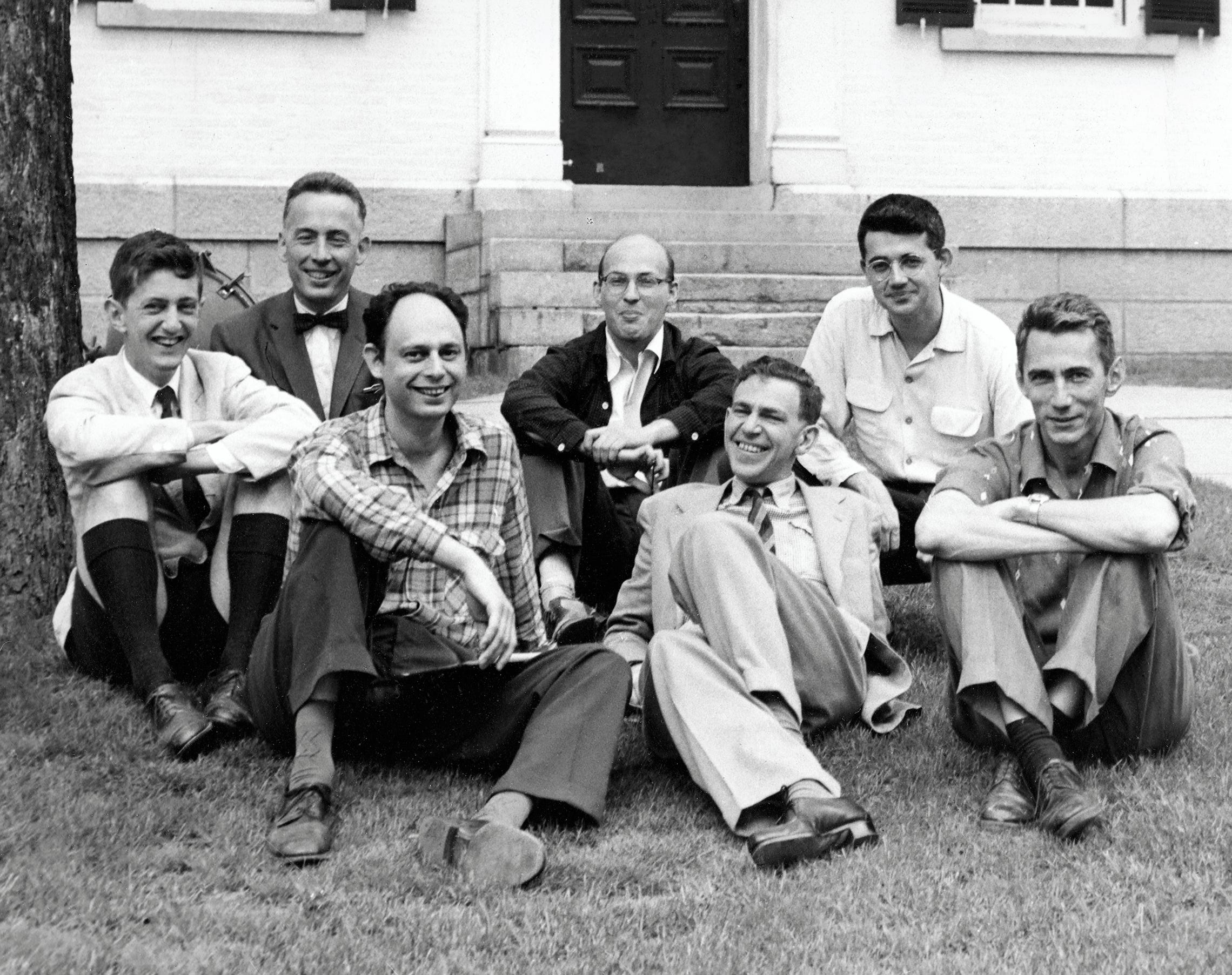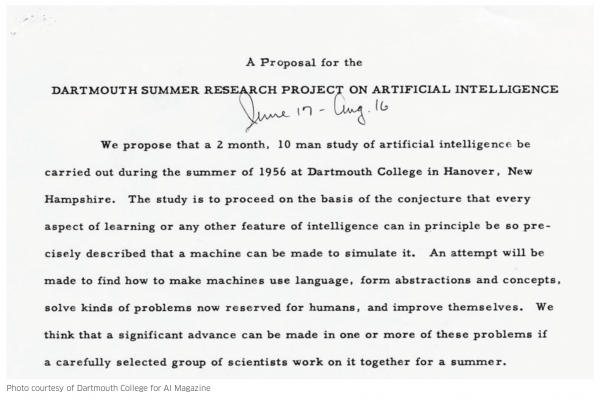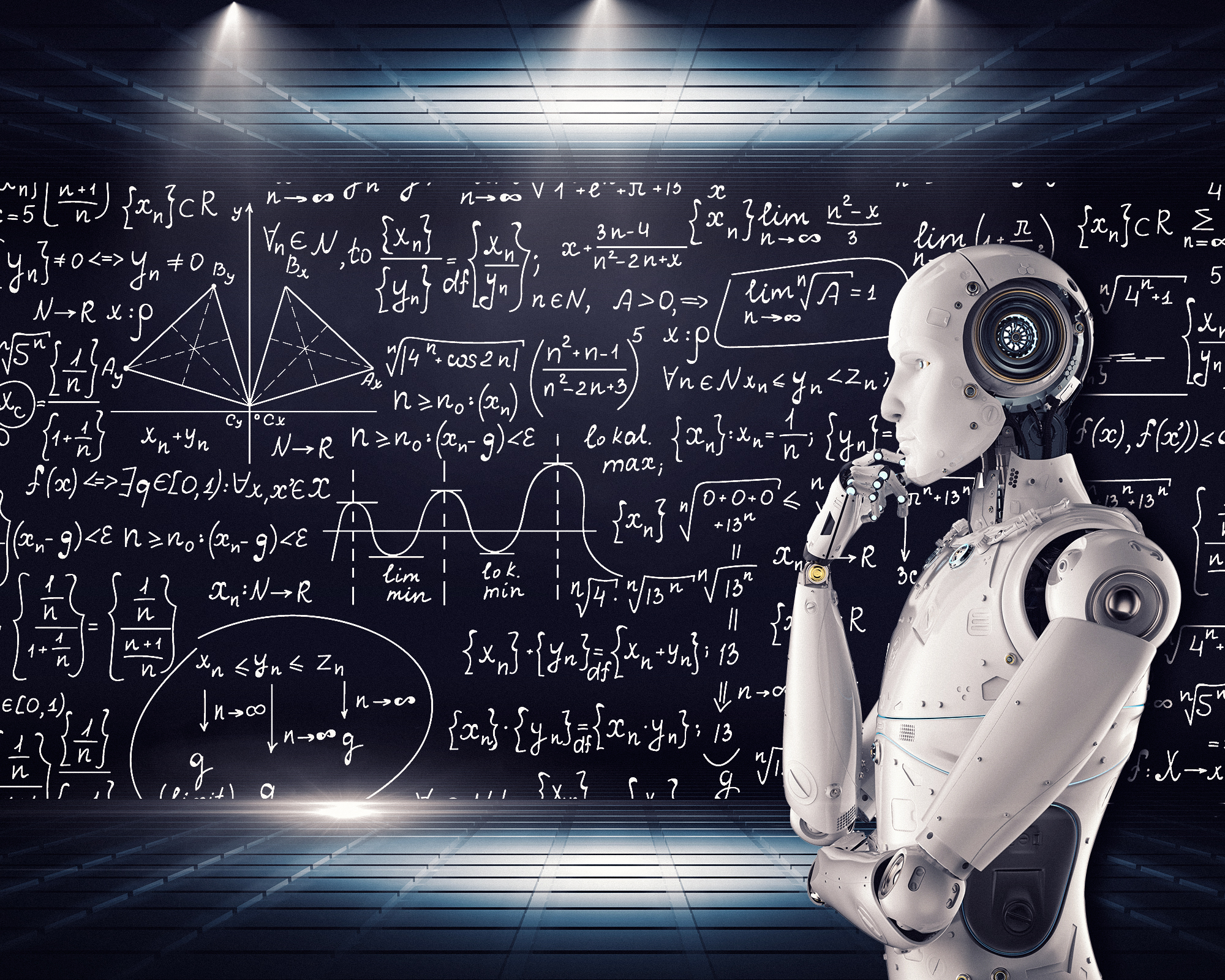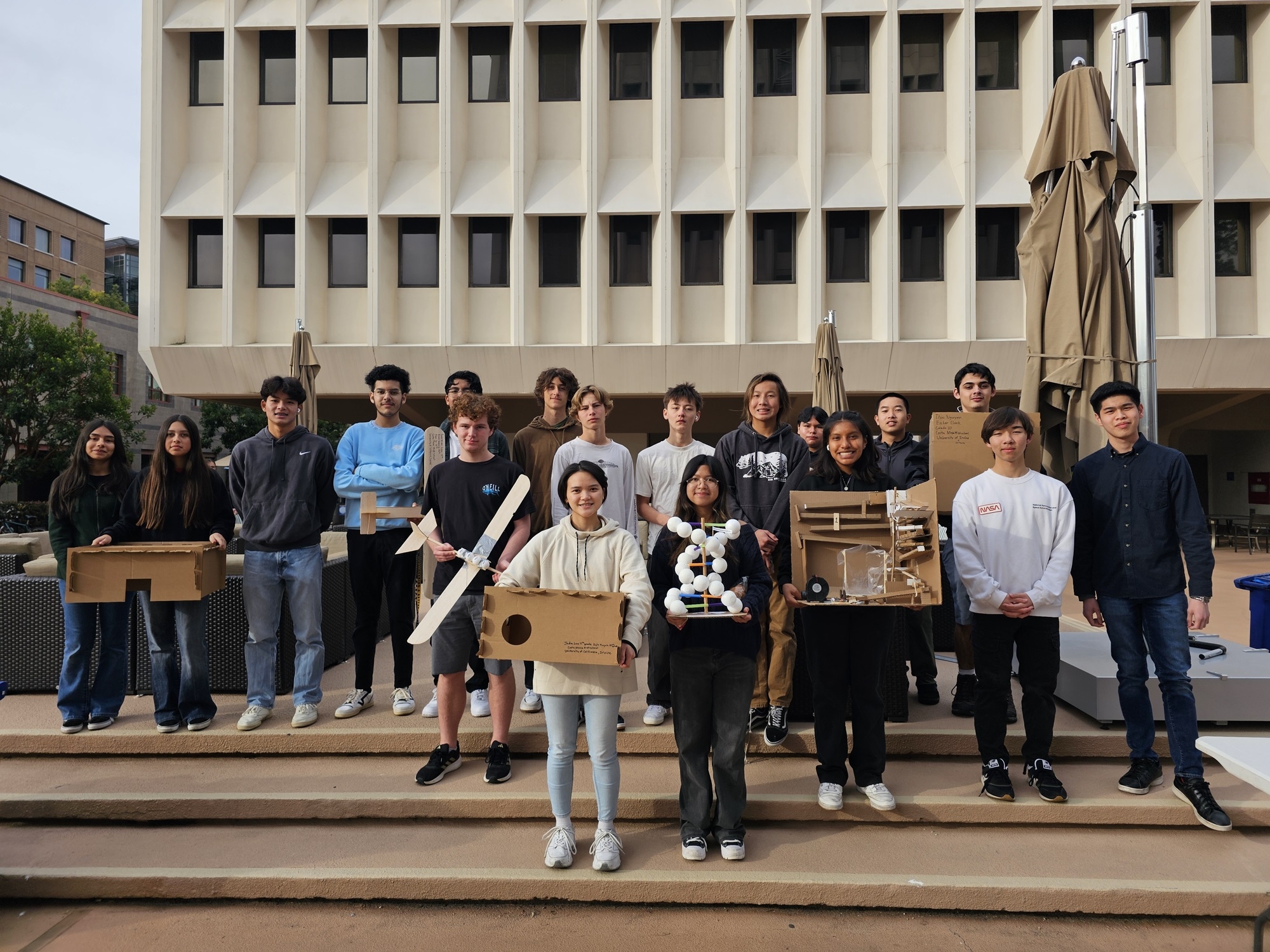Online artificial intelligence refers to the use of artificial intelligence (AI) techniques and algorithms to power online applications and services. This can include chatbots, virtual assistants, recommendation engines, predictive analytics, and other intelligent systems that operate through the internet. So things like ChatGPT, Siri, and Google Autofill.
And while all these things seem like they benefit us, AI can also be harmful and detrimental to humans. But before we delve into that, who made it?
The 1956 Dartmouth Workshop
At Dartmouth University, in 1956, a mathematics professor by the name of John McCarthy and a then 40-year-old MIT researcher Claude Shannon had just published a scientific journal that studied Automata, self-operating machines designed to automatically follow predetermined sequences of operations or respond to predetermined instructions.
However, John McCarthy took a particularly heightened interest in the possibility of computers possessing intelligence far beyond the trivial/simple behaviors of Automata.
He believed that if he gathered a group of the brightest minds in the field of computer and mathematical science, they could make progress in the creation of artificial intelligence.
So on June 17th, he proposed a scientific conference. A workshop that would consist of a small group of researchers and scientists in order to study how artificial intelligence could be brought to life.
The workshop would last 2 months, and the members of the conference would include John McCarthy, Nathaniel Rochester, Marvin Minsky, Herbert Simon, Dr. Julian Bigelow, D.M Mackay, Ray Solomonoff, John Holland, Oliver Selfridge, Allen Newell, and co-founder Claude Shannon.

During the workshop, all 11 members would discuss and debate various topics surrounding the concept of artificial intelligence.
They would primarily discuss the rise of symbolic methods, training methods used to teach a computer about the world through symbols connected to definitions; Systems focused on limited domains, in which computers are programmed to perform specific tasks limited to the code implanted from the creator.
They also talked about deductive systems where a computer uses context clues and general concepts to learn more about another concept, versus inductive systems, where a computer is specifically told what is where, when, and how it came to be.
The workshop ended on the 17th of August, and while they weren’t able to create a self-thinking machine, they pioneered the concept of artificial intelligence and paved the way for scientific and technological researchers like Alan Turing to eventually bring AI to life, in the form of a computer that can solve equations no human on earth would be able to.

AI’s Contributions
As stated earlier, AI is something we use in our everyday lives. After all, Siri, Google, and many other frequently utilized online tools are all powered by at least one form of artificial intelligence.
After asking an online chatbot that used AI engine GPT-4 the question, “What has AI contributed to Earth?”, it gave a plethora of examples:
The most important example the AI chatbot gave, was AI’s contribution to the healthcare and pharmaceutical industry. AI has contributed to improved healthcare outcomes by enabling more accurate and timely diagnosis of diseases and illnesses, personalized treatment plans, and drug discovery.
The second, and still predominant instance that Chat-GPT identified, was the contribution that AI has given towards the education sector. AI has contributed to the development of personalized learning systems, which can adapt to the needs and learning styles of individual students, as well as assisting teachers in the classroom. From grading students’ assignments, to creating new ones.
The third point our online chatbot provided was AI’s contribution to transportation all around the world. AI has contributed to the development of self-driving cars, which have the potential to reduce traffic accidents, improve traffic flow, and reduce carbon emissions. It has also contributed to improving the way of life for people who want to travel. AI allows people to book flights online, or even rent and hire vehicles.
Negative Effects
As previously mentioned, artificial intelligence is not only good, it can also have a multitude of negative effects on Earth and our society. After assigning Chat-GPT to provide examples on how AI can be unfavorable, it gave 3 examples:
The first example of why AI can be bad was job displacement. The rise of AI and its usage in the workforce has frightened many people in the fact that it has risen the percentage of unemployment exponentially over the past few years. AI has replaced a massive amount of workers in jobs that require repetitive, tedious, physical tasks; like manufacturing. On top of this, it has replaced jobs that require perfectly performed technological creation, like coding.
The next example Chat-GPT provided was privacy invasion. While AI is used and practically runs the internet and social media, due to its intense implication on these sites, it has access to personal information. Your private videos, TikTok drafts, and passwords are all stored in servers run by AI. This can cause panic among people using these sites in their everyday lives, leading them to ask ‘What does AI do with my information?’. So next time you record an embarrassing video, you might want to think twice about saving it.
The last example our online AI chatbot provided, was the concern of the ethics surrounding AI. Because AI is run on human-designed algorithms, the writer of a certain AI can purposefully, or accidentally, perpetuate biases or discrimination into the machine’s processes. This may jeopardize fairness and justice in just about every field AI is used in, particularly online finances, as AI has been known to affect negatively through racial or discriminatory bias.



